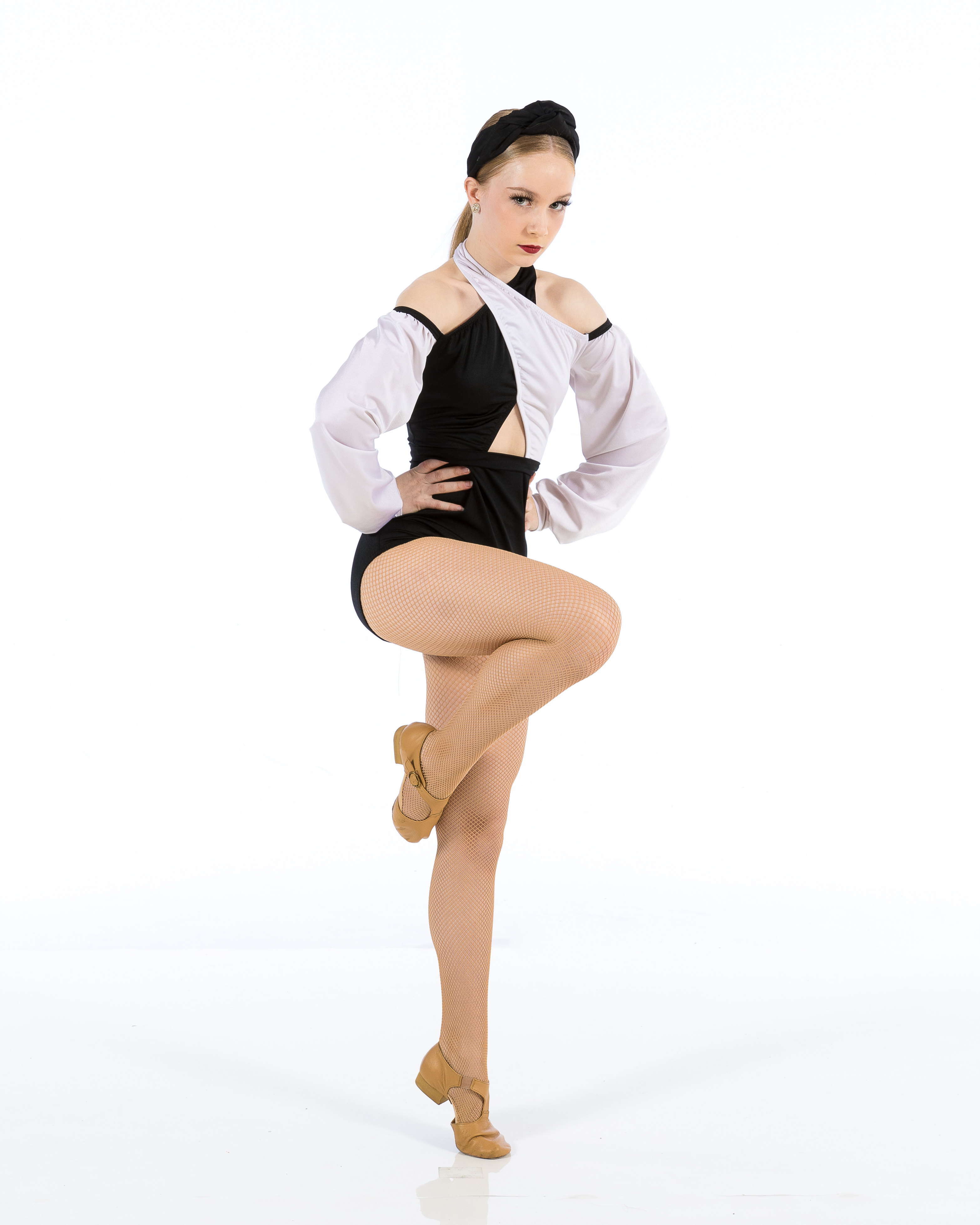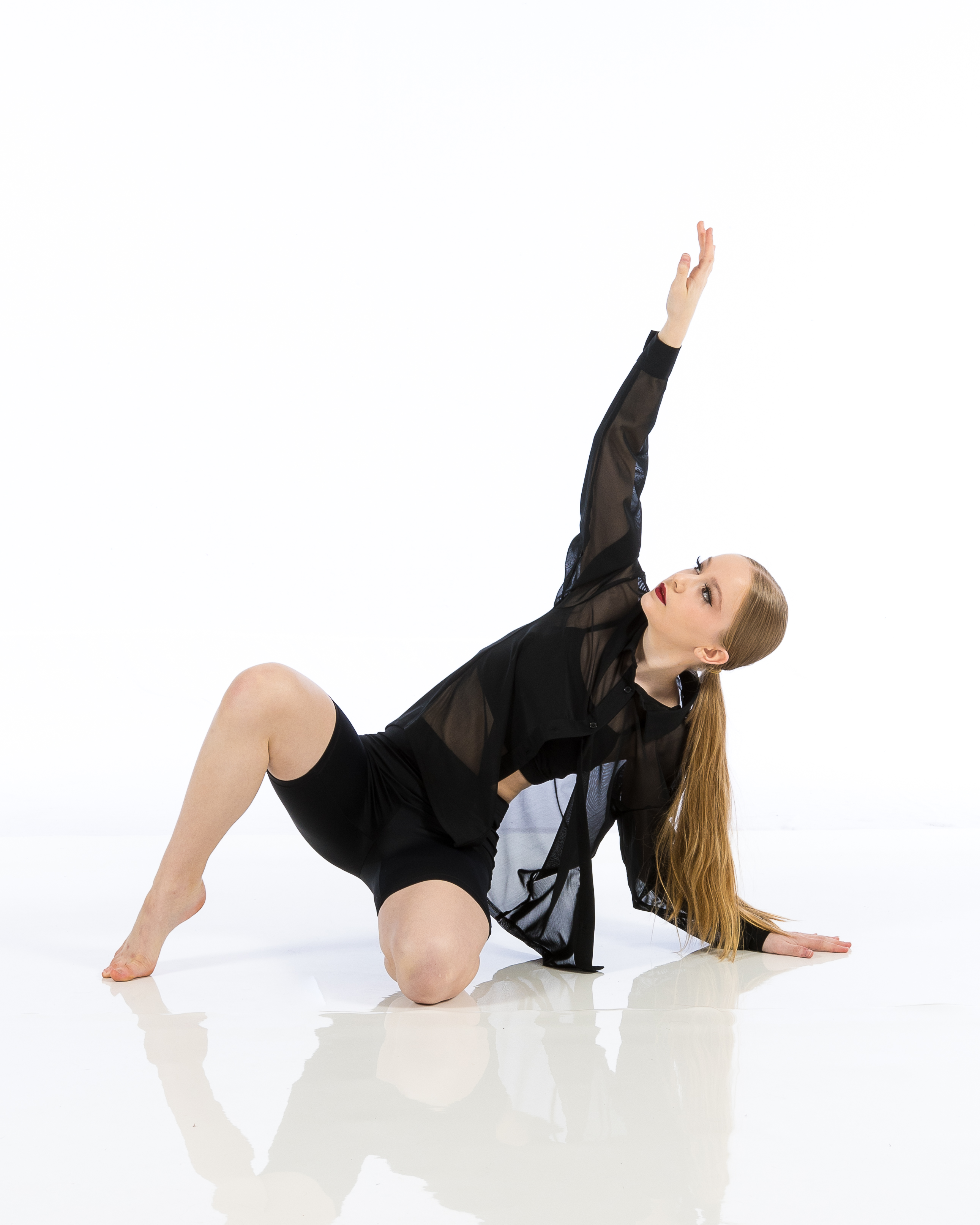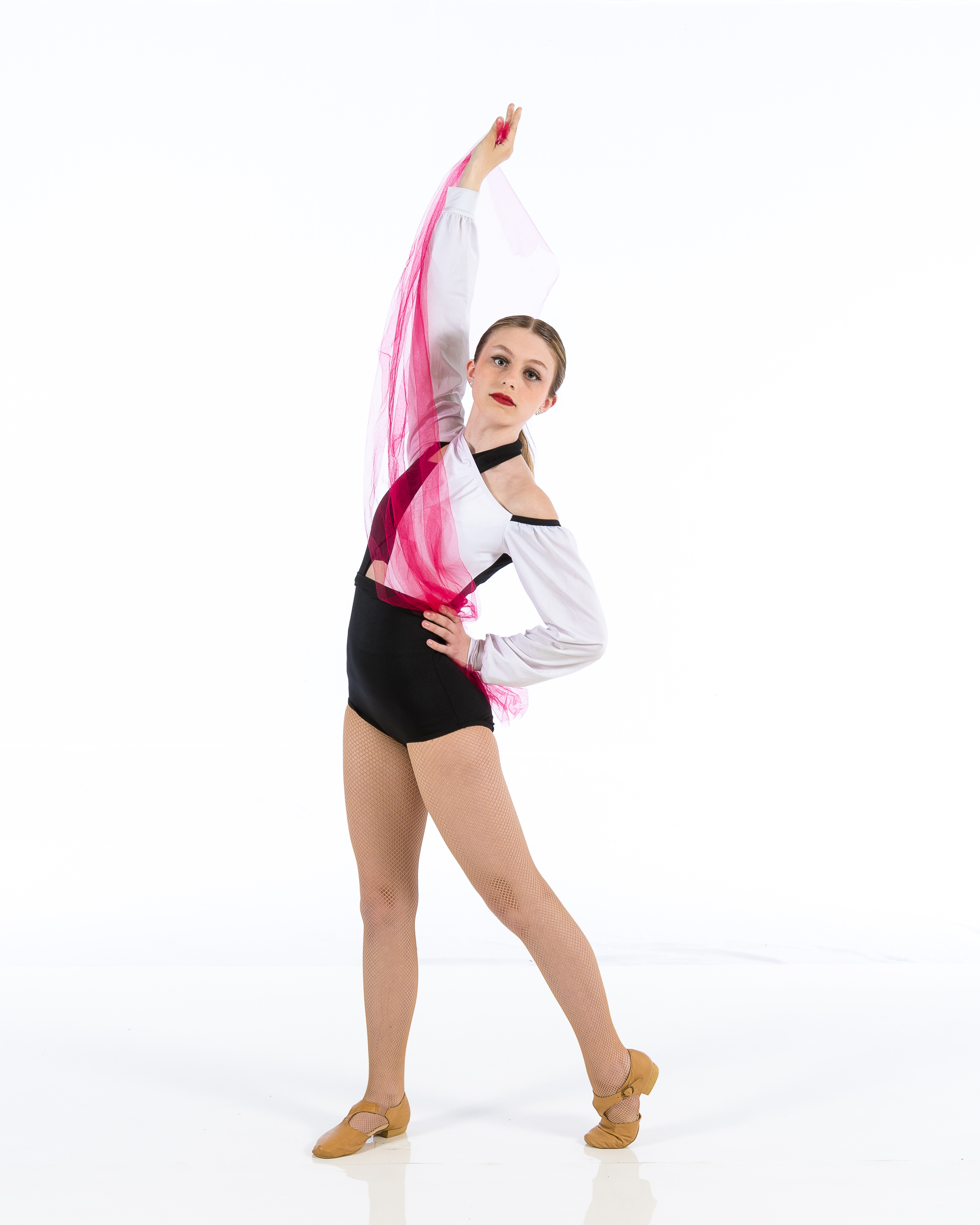Introduction
Dance is an art type that goes beyond obstacles, unites neighborhoods, and ruptureds with the vitality of human expression. Whether you're a budding dancer entering a dance studio for the first time or a skilled performer seeking to refine your craft, comprehending dance studio rules is important for guaranteeing a positive experience. This extensive overview entitled From Amateur to Expert: Browsing Dance Studio Decorum for an Unified Experience will certainly take you via every element of dance studio actions, offering insights that will elevate your experience and foster more powerful relationships within the dancing community.
Understanding Dance Studio Etiquette
What is Dance Studio Etiquette?
Dance studio rules refers to the collection of customs and social standards that regulate behavior in a dance classroom setup. Much like any kind of other artistic environment, appreciating these standards can enhance not just your understanding experience however also that of your peers.
Why is Dance Studio Rules Important?
Adhering to proper etiquette aids create an atmosphere of respect, focus, and partnership. It promotes a feeling of community and permits dancers to sustain each other in their growth while decreasing disturbances during class.
From Novice to Professional: The Value of First Impressions
Preparing for Your Initial Class
Walking right into a dance studio for the very first time can be nerve-wracking. To make an unforgettable impression:
- Dress suitably: Put on comfy clothing ideal for the kind of dancing you're studying. Arrive early: Aim to come to least 10-- 15 mins prior to course begins. This provides you time to check in, warm up, and work out in.
Greeting Your Instructor
A friendly welcoming collections the tone for your experience. Always present yourself if it's your excellent! A simple "Hey there" or "Good morning" can go a lengthy means in establishing rapport.
Classroom Conduct: The Do's and Do n'tshtmlplcehlder 46end.
Do's: Favorable Behaviors
Be Respectful: Respect every person's personal room-- specifically when exercising moves. Listen Actively: Show attentiveness when instructors are speaking; it shows you value their guidance. Support Your Peers: Encourage fellow dancers; positivity types encouragement.Don'ts: Unfavorable Behaviors
Avoid Distractions: Keep personal discussions outside the classroom. Don't Use Your Phone: Silence your phone during class; it's disruptive. Refrain from Interrupting: Wait till the trainer surfaces before asking questions.The Role of Personal Room in Dance Studios
Understanding Boundaries
Personal area differs from person to person, especially in a dance setup where physical distance is typically needed during practice routines.
Communicating Comfort Levels
If you really feel unpleasant with just how close an additional dancer is obtaining throughout partnered workouts or developments, it's vital to communicate this politely and professionally.
Maintaining Expertise: Outfit Code and Grooming
Importance of Correct Attire
Each dancing style often has its very own dress code-- whether it be leotards for ballet or loose-fitting clothing for hip-hop classes-- adhering to these requirements shows regard for both your craft and your instructor.
Personal Hygiene Matters
Dancing needs physical effort, which can bring about perspiration. Guarantee you maintain great health by bathing before class and using tidy attire.
Behavior Throughout Class: Focusing on Learning
Engaging with Instruction
It's essential to stay focused during demos. Instead of just seeing, proactively involve by imagining how you would implement each movement.
Asking Inquiries Appropriately
Curiosity boosts learning! If something isn't clear, feel free to ask questions-- but ensure they matter and positioned at proper times (preferably after instructions).
Feedback: Welcoming Positive Criticism
Accepting Feedback Gracefully
Constructive objection is component growth in any art type. Welcome responses with an open mind and avoid coming to be defensive; keep in mind that review intends to aid boost your skills!
Offering Feedback Thoughtfully
When offering feedback to peers, guarantee it's useful as opposed to important; concentrate on what they succeeded alongside locations for improvement.
Creating Harmony Via Teamwork
The Significance of Group Spirit
In many dance designs, synergy plays a critical role; establishing friendship with fellow dancers causes improved performances.
Collaborating Throughout Group Exercises
When involved in group tasks or choreography techniques, encourage creativity by respecting every person's ideas while additionally adding your own constructively.
Handling Problems Gracefully
Addressing Arguments Maturely
Conflict might occur due to misconceptions or differing opinions on choreography selections. Deal with these problems independently rather than openly airing grievances which could disrupt course harmony.
Seeking Mediation When Necessary
If disputes rise past personal resolution efforts-- seek assistance from trainers that can mediate effectively based upon their experience dealing with comparable situations.
Post-Class Etiquette: Leaving on a Great Note
Thanking Teachers After Class
Always share gratitude towards your trainer after lessons; this reinforces favorable connections while recognizing their difficult work!
Keeping the Workshop Clean
Whether it's picking up canteen or neatly organizing props post-class-- preserving cleanliness shows respect for shared rooms made use of by all dancers!
Engaging Beyond Course Time: Structure Community Relationships
Joining Social Events
Participate in gatherings arranged by studios such as displays or open residences-- these gatherings provide chances for networking while enhancing community connections outside structured lessons!

Supporting Other Dancers' Performances
Attending peers' performances demonstrates solidarity within the dancing community-- it motivates interaction past mere attendance at classes!
Frequently Asked Questions (Frequently asked questions)
1. What ought to I use for my first dancing class?


2. Is it all right to speak during class?
It's best method not to engage in side discussions throughout guideline as this distracts both teachers & & fellow pupils alike!
3. Just how do I handle feeling overwhelmed?
Take deep breaths & & remind yourself that every Helpful site professional dancer started somewhere! Communicate any have problem with instructors who might give additional aid if needed!
4. Suppose I disagree with choreography choices?
Express worries professionally either privately or within marked feedback sessions as opposed to freely critiquing during wedding rehearsals; maintaining expertise helps settle arguments amicably!
5. Must I bring water right into the studio?
Absolutely! Staying hydrated enhances performance levels; just make certain containers are firmly closed so spills do not happen on floorings where others are dancing!
6. Exactly how vital is punctuality?
Punctuality is important as arriving late interrupts concentration levels while triggering interruptions; goal constantly arrive early enough permitting time warm-up properly prior to courses commence!
Conclusion
Navigating with a dance studio environment can appear discouraging at first glance yet mastering appropriate rules inevitably changes one's trip from novice standing toward experienced degree creativity! By sticking carefully recognized habits described throughout this guide entitled From Beginner To Expert: Navigating Dance Studio Decorum For A Harmonious Experience *, you'll cultivate very useful relationships within communities enriched creative thinking while developing technological prowess alongside valued mentors! So lace up those shoes with confidence step onto that flooring-- the world awaits your one-of-a-kind expression via movement!